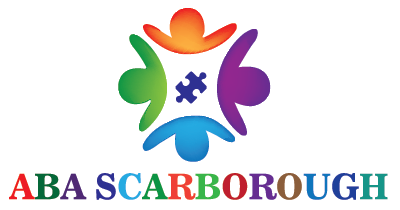Teach skills to replace problem behaviour. So your child can learn what “to do,” not just what “to stop doing.” Increase positive behaviour and reduce interfering behaviour. For example, reinforcement procedures increase on-task behaviour or social interactions and reduce behaviours like self-injury or stereotypy. Maintain behaviour. Increase your child’s academic, social, and self-help skills. Improve ability to focus on tasks, comply with tasks, and increase motivation to perform. Aim to improve cognitive skills. Helps your child be more available for learning. Generalize or to transfer behaviour from one situation or response to another (For example, from completing assignments in the resource room to performing as well in the mainstream classroom).
How is IBI applied in Autism Therapy?
Our therapy program is designed to assess each child’s needs. We work alongside each parent and build a personalized plan to help their child learn the skills that they need. A continuous reassessment schedule and frequent all staff meetings with parents help ensure that the plan addresses each child’s individual needs at any stage in their lives.
IBI is an intensive treatment, provided for a minimum of 20 hours per week and delivered through both one-to-one and small group instruction. It requires frequent, direct measurement of the child’s performance and progress with regular updates to the child’s customized plan. IBI was developed for young children with autism spectrum disorders, based on the scientific principles of the broader field of Applied Behaviour Analysis (ABA). ABA can be considered as an overall category, which can be applied to many different
groups and ages, with IBI being one model of intervention for children with autism spectrum disorders.
IBI is comprehensive in scope, targeting a broad range of developmental areas. IBI is designed to improve key learning skills in the areas of cognitive, language, and social development. The goal of Intensive Behavioural Intervention is to increase the developmental trajectory, or rate of learning, for children with autism. Children show clinically significant improvement in cognitive, language, and adaptive functioning, which can be demonstrated at regular intervals throughout their intervention. Children have different outcomes with IBI. While some children make very good progress, others make slow to minimal progress.


ABA Therapy for Motor Skills Development
Fine and gross motor skills are the important milestone while learning to participate in many activities in life. We use our motor skills every day to help us
physically navigate the world around us. Unfortunately, developing these skills can be extremely challenging for many children with autism. Through our
individualized program, we pinpoint which developmental skills your child needs in order to complete their daily activities and enjoy life to the fullest.
